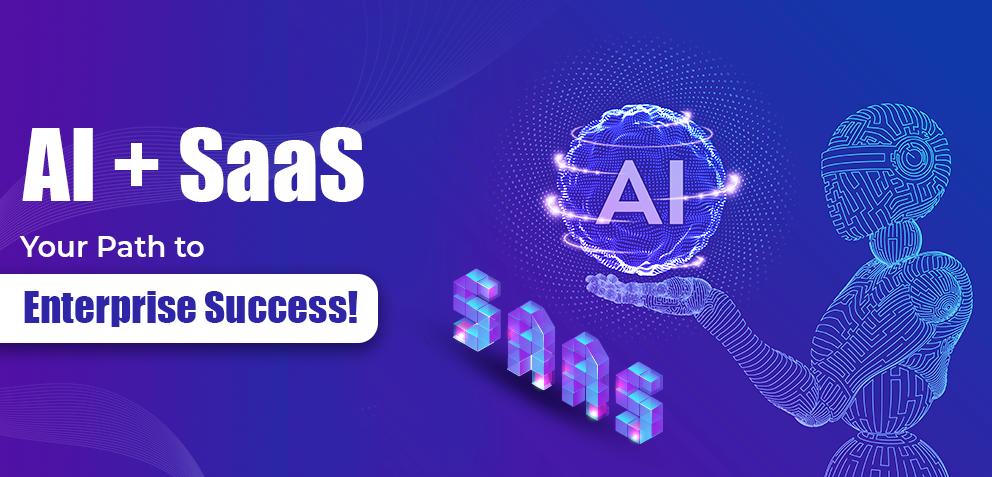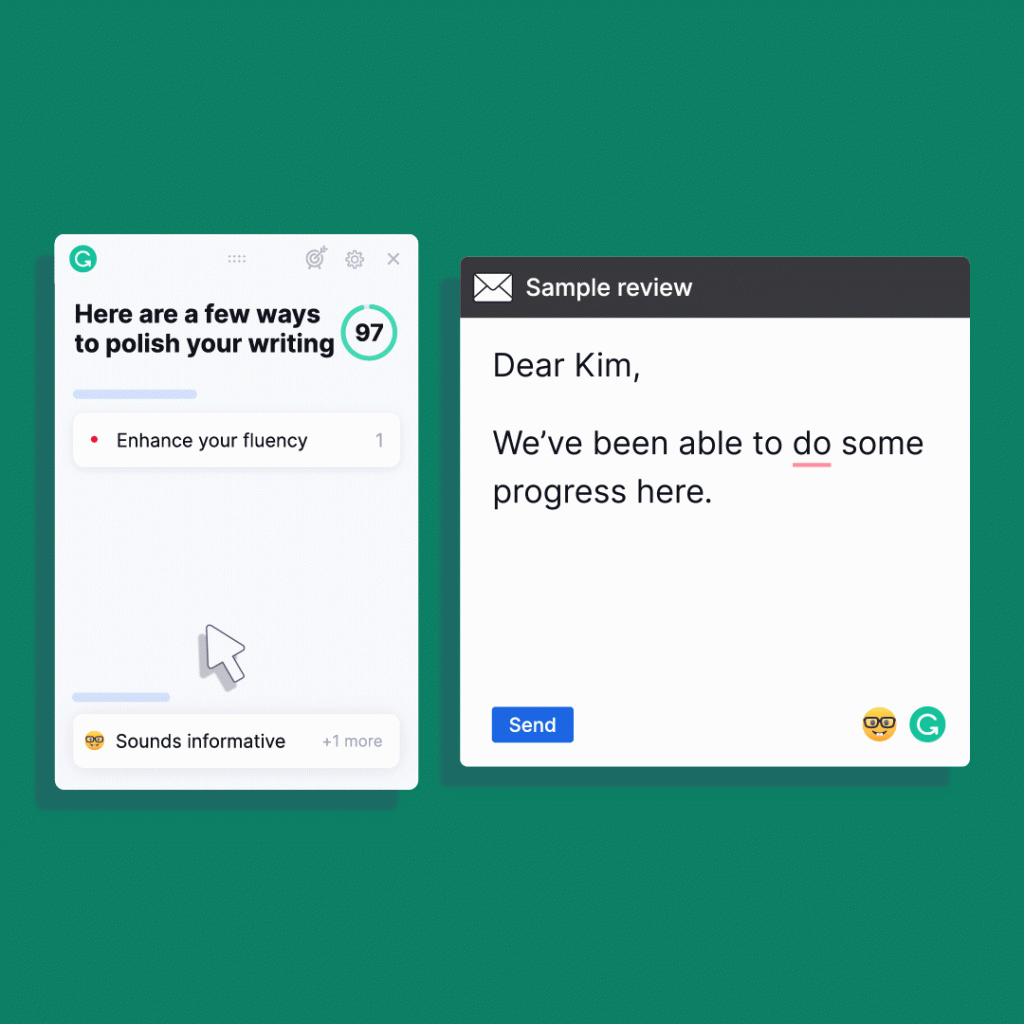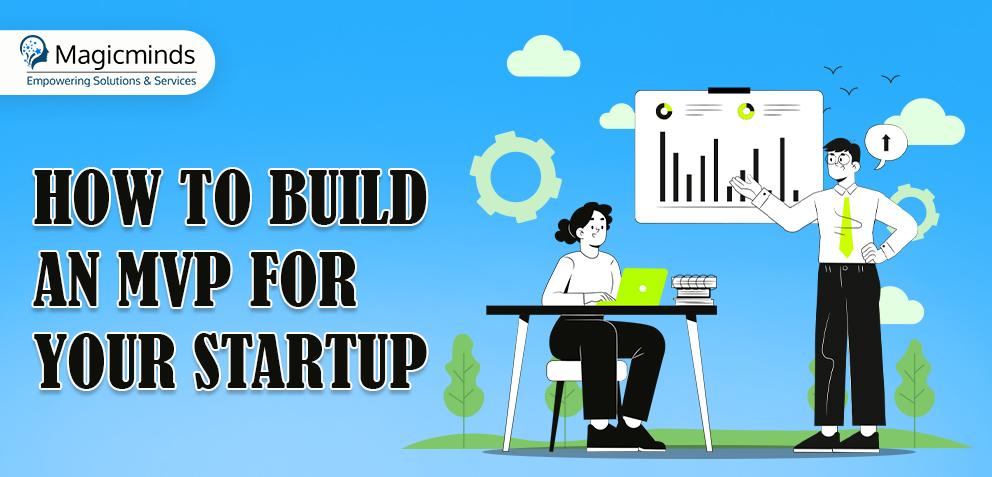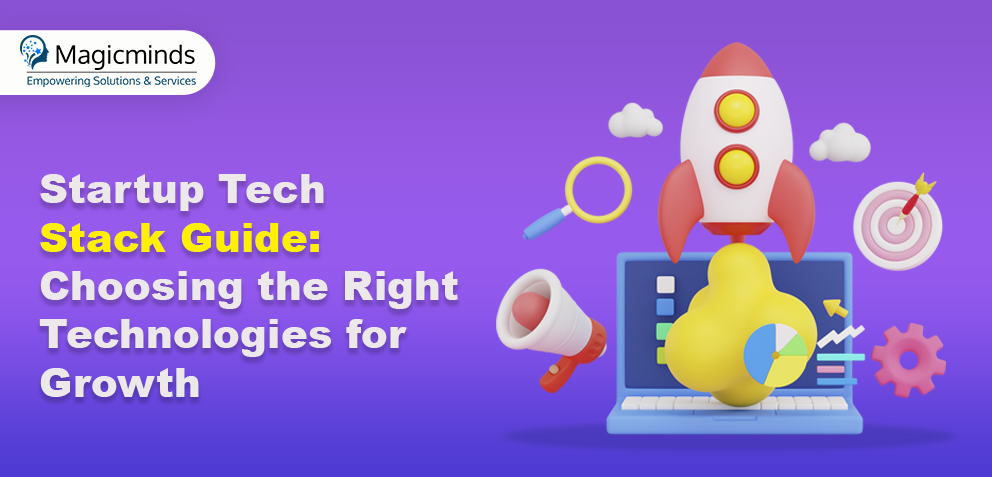AI in SaaS: How to Take SaaS Business to the Next Level?

Tags
 Stay In-the-loop
Stay In-the-loop
Get fresh tech & marketing insights delivered right to your inbox.
Share this Article
Category
- .Net Developer
- Adtech
- Android App Development
- API
- App Store
- Artificial Intelligence
- Blockchain Development
- Chatbot Development
- CMS Development
- Cybersecurity
- Data Security
- Dedicated Developers
- Digital Marketing
- Ecommerce Development
- Edtech
- Fintech
- Flutter app development
- Full Stack Development
- Healthcare Tech
- Hybrid App Development
- iOS App Development
- IT Project Management
- JavaScript development
- Laravel Development
- Magento Development
- MEAN Stack Developer
- MERN Stack Developer
- Mobile App
- Mobile App Development
- Nodejs Development
- Progressive Web Application
- python development
- QA and testing
- Quality Engineering
- React Native
- SaaS
- SEO
- Shopify Development
- Software Development
- Software Outsourcing
- Staff Augmentation
- UI/UX Development
- Web analytics tools
- Wordpress Development
Artificial intelligence (AI) has been creating a stir and revolution in the tech industry for quite some time now, and AI in SaaS industry is no exception.
The application of artificial intelligence is not just limited to handling customer queries, automated service, robotics, and automobiles but more than that. Leveraging AI power, industries can quickly analyze customer data and generate predictive analytics, making intelligent decisions. SaaS (Software-as-a-Service) is a coming-age cloud-hosted software service accessible online. As a budding industry, SaaS is reshaping businesses by treasuring a trove of software applications with advanced subscription models and numerous edges.
The amalgamation of Artificial Intelligence in SaaS provides a state-of-the-art solution, ensuring customer satisfaction and maximizing conversion rate. Utilizing AI’s power, SaaS caters to customers with high-quality performance, functionalities, security, and tailored recommendations, taking technology to the next level.
Impacts of AI on SaaS is noticeable, and SaaS is doing its best to incorporate AI into its account. According to a report by Tech Jury, 35% of SaaS businesses depend on AI. If this trend continues, the SaaS market volume will reach US$374.50 billion by 2028.
Our blog aims to explore the role of AI in SaaS domain and provide popular real-life examples of SaaS products leveraging AI. Let’s delve more into it.
Importance of Leveraging AI in SaaS
AI in SaaS: Real-Life Examples of SaaS Products Using Artificial Intelligence
AI in SaaS: Exploring the Challenges
Importance of Leveraging AI in SaaS

Believe it or not, AI complements the SaaS industry, streamlining its capabilities and enhancing user experience.
Take, for instance, Grammarly, a popular writing assistance service, you know, right? Grammarly incorporates AI to detect plagiarism, set the correct tone, and eliminate grammar issues, helping users worldwide to write better. We will deal with the widespread use cases later. However, to implement AI into the SaaS industry, hiring a SaaS development company is essential for successful outcomes.
So, what is the importance of AI in transforming the SaaS industry? Let’s check it out!
Automate the Process
The critical change introduced by Artificial Intelligence in SaaS is automating the extensive tasks related to software development. This enables organizations to automate their repetitive tasks and increase their productivity. Once the automation process starts working, businesses get free time to focus more on other constructive activities.
For instance, by using AI-powered chatbots, SaaS companies can provide customer service better without interruption, being there 24*7 for customers. This enables SaaS organizations to deal positively with customers and offer them informative information, ensuring customer satisfaction.
It is worth mentioning that AI can eliminate the workload for employees and avoid the hassle of hiring more employees, which is a paramount change for SaaS companies. However, you must have the grace of AI development service.
RELATED READ: Chatbot Development 101: A Guide to Evading Common Mistakes
Ensures Personalized Recommendation
Another stand-out feature of combining Artificial Intelligence in SaaS applications is your access to provide personalized recommendations to users. AI and machine learning algorithms research user behavior patterns, which enables your application to understand the user’s interests. AI then empowers you to offer tailored customer recommendations, prioritizing their preferences.
Enhanced Security and Privacy
SaaS companies are growing nowadays; a report shows that 70% of business apps adopt SaaS tech. However, unfortunately, this is causing cybersecurity concerns to loom around the SaaS industry. As SaaS deals online, the potential for cyber attacks is prominent.
That’s where AI comes as a rescue. AI is empowered to detect unrecognized access and block any irregularity in the system. AI and machine learning (ML) algorithms study human behavior and transaction flow and identify inconsistencies to protect from malicious attacks.
Additionally, AI intercedes in any unusual process and ensures that an authorized person handles the data. Like the cherry on top of the cake, AI provides timely insights on overcoming cyber threats. This tightens critical data security, mitigating the risks.
For example, Oracle enables machine learning algorithms for monitoring software’s privacy and safety, which is how AI in SaaS maintains security and privacy.
RELATED READ: 2023 Mobile App Development Security: Essential Guidelines
More Predictive Analytics
These days, organizations focus more on using predictive analytics to determine market trends, patterns, and customer behaviors. It aids them in practicing futuristic steps in their organizations.
AI in SaaS provides powerful and beneficial insights into customer behavior patterns
using historical data, minor data techniques, and machine learning. It enables them to understand marketing strategies and when users can withdraw and churn.
Seamless Customer Support
Companies often need smoother and quicker customer support, which impacts their revenue and brand image. However, AI in SaaS takes care of that by lending a helping hand and automating customer support. SaaS companies can use AI-powered chatbot development that answer customers’ queries and respond promptly, resolving their curiosity and providing satisfied service.
Additionally, by combining AI with human force, you can generate more powerful customer support and experience for them. Marketing Edge
Are you curious to know how Artificial Intelligence in SaaS improves the marketing of any brand? Well, AI in SaaS supports brands in focusing more on the audience’s behaviors and interests.
Besides, using machine learning algorithms, SaaS companies can learn and analyze user data. It enables them to take advantage of marketing campaigns that resonate with the customers’ preferences and attract more customers, thus improving the ROI.
Cost-efficient
The automation process for using AI power in SaaS applications reduces organizational costs. AI avoids manual work and supports automating the process, which quickens the tasks and removes the repetitive tasks. Thus, by optimizing the AI power, SaaS industries can save resources and costs.
AI in SaaS: Real-Life Examples of SaaS Products Using Artificial Intelligence

When AI and SaaS combine, it is a match made in heaven–creating a sensation in the tech world and ensuring the next level of innovation among tech lovers. Here are some examples of leveraging AI in SaaS.
- HubSpot is a feature-enriched marketing tool that provides the best marketing strategies and increases market efforts using AI. Based on the behavior and preferences of users, it offers customized recommendations.
- Netflix maximizes its service by using AI for customization and to provide tailored recommendations to users worldwide.
- Zoom uses AI power to amplify video quality and reduce the background noise during video call sessions to streamline the entire process.
- DocuSign utilizes AI to enhance document security and automate the signature evaluating process.
- Dropbox supports AI’s smart sync feature that increases the search process and arranges content for customers. This enables the system to prioritize the most essential files first and ensures file location and organizing is quicker and effortless.
- Oracle incorporates AI and machine learning algorithms in cloud-hosted security applications, detecting real-time cyber vulnerabilities and recognizing data anomalies.
- Zendesk amplifies client service by implementing AI tools. This provides tailored support and quicker response timing, enabling more time for employees to concentrate on complex issues.
- Slack leverages an AI-powered chatbot, named Slackbot, to streamline the workflow and amplify productivity. This automates exhausting tasks, such as scheduling meetings and reminders.
- Spotify utilizes AI’s strength to provide tailored song recommendations to users and stream the process.
These real-time examples of SaaS applications show how powerful AI is being utilized in technology and revolutionizing the entire tech world. However, it requires hiring dedicated developers proficient in Artificial Intelligence.
AI in SaaS: Exploring the Challenges
Although AI development in SaaS has exponential advancements for businesses, it still has some bottlenecks within it. Let’s check the challenges or limitations of AI in the SaaS industry.
Biased Algorithms
If the AI algorithms are biased, it can result in providing unfair and discriminatory outputs. This needs to be improved in SaaS applications, especially in the loan and hiring processing industries; otherwise, it can give biased algorithms, leading to compromised reports that can severely affect marginalized groups.
Data Security
AI algorithms are meant to handle extensive data to use effectively. This raises data security and protection concerns. This is a significant concern in SaaS applications like healthcare and finance, where users’ sensitive data is collected, stored, and managed. AI must be transparent and reliable in organizing and managing customer data and incorporate best practices to protect the data.
Less Defined Accountability
AI algorithms are complicated and challenging to comprehend, making it difficult for organizations to be responsible for their actions. This is significantly applicable in SaaS applications, like autonomous vehicles, because of its accident-prone features, causing severe consequences.
Being proactive in handling these issues, SaaS companies can utilize AI power in applications, ensuring that the outcome is ethical, responsible, and reliable. This can help them to maintain a long-term relationship with customers and earn stable revenue.
RELATED READ: IT Project Management Challenges and How to Address Them
Summary
To wrap it up, certainly, together artificial intelligence (AI) and SaaS applications are certainly disrupting the technical world. Undoubtedly, Artificial Intelligence in SaaS holds numerous edges, and businesses are inclined to incorporate AI in SaaS to increase revenue while enhancing customer experience. However, this calls for contacting an AI development service or software development service provider. Our dedicated developers take the utmost care of your SaaS applications while integrating AI into them. So, what’re you waiting for? Contact us today, and let’s move toward the future of innovations together!


